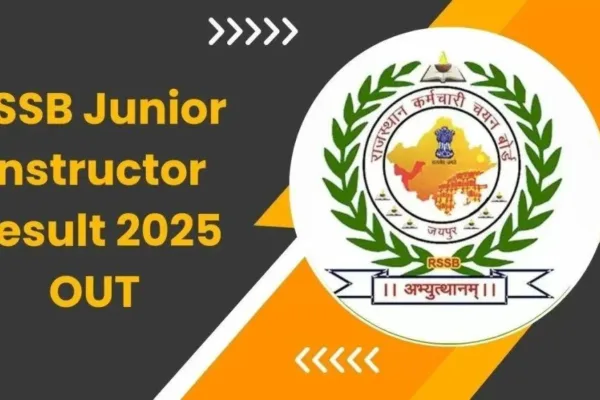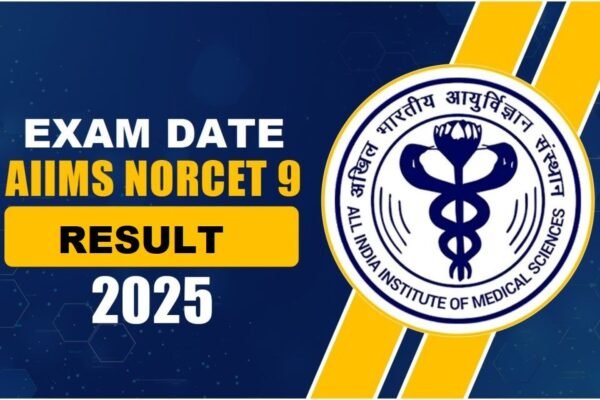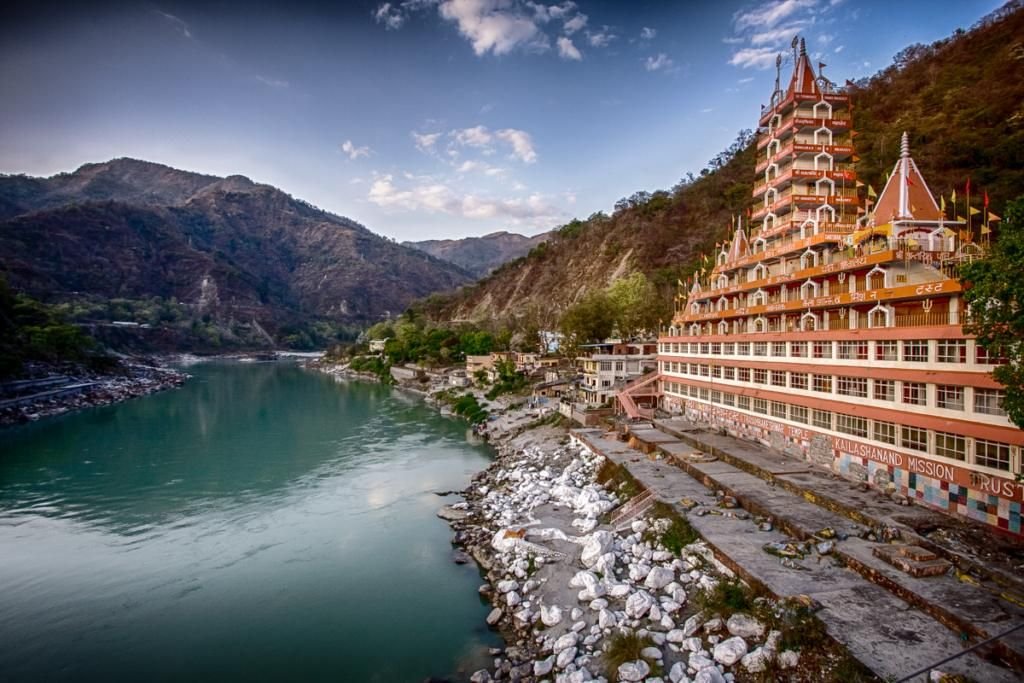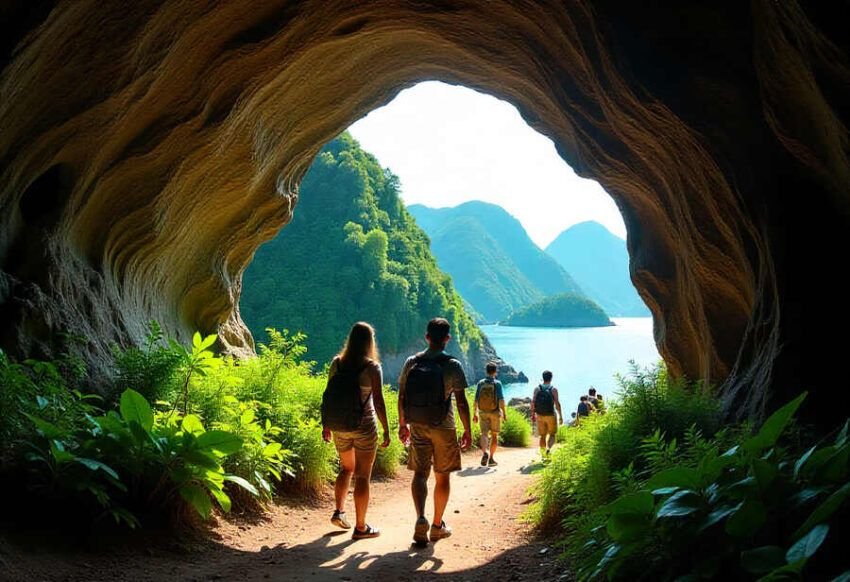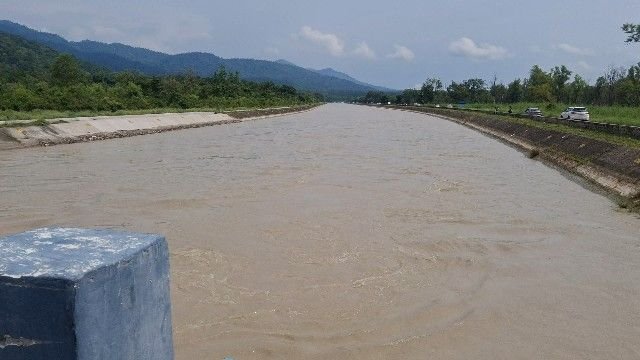
How Sri Lanka Plans to Transform Its Tourism Sector by Targeting Affluent Markets through Luxury Casino Resorts and Strategic Investments


Sri Lanka is taking bold steps to transform its tourism sector by targeting affluent markets through the development of luxury casino resorts and strategic investments. With the aim of revitalizing the economy after a challenging financial period, the country is positioning itself as a premium destination for high-net-worth travelers. By focusing on high-end casinos, Sri Lanka seeks to attract tourists from neighboring countries like India and China, where gaming options are limited. The introduction of world-class resorts, such as the $1.2 billion City of Dreams in Colombo, alongside a robust regulatory framework, is expected to create new opportunities for tourism growth. This strategic shift from mass tourism to a more selective, sustainable model is set to fuel economic recovery while establishing Sri Lanka as a competitive player in the global luxury tourism market.
Aiming to Attract 3 Million Tourists: The Ambitious Plan
Advertisement
The government has set an ambitious goal of 3,000,000 visitors to the tourism sector which is 50% more than the previous year. This surge is anticipated to increase the country’s tourism revenue from $3.7 billion to $5 billion. To achieve these goals, the government is actively promoting Sri Lanka to high-net-worth individuals from neighboring countries.
Casinos are expected to play a key role in developing luxury tourism as part of Sri Lanka’s new strategy. The country is seeking to abandon mass tourism in favor of attracting premium travelers by leveraging the allure of casinos as part of a broader vision for sustainable tourism. This shift is observed as a vital move to recover the country’s economy after the financial dip.
On August 22nd, 2025, the Gambling Regulatory Authority Bill was passed establishing a milestone in the country’s tourism industry. This bill creates self-contained governance for the operation and regulation of casinos and gaming in the country. With the introduction of the regulatory body, the tourism industry will greatly benefit in the aspect of transparency and standards of operations.
Moreover, trust is expected to be built for investors. The new authority will be in charge of granting licenses to casinos, ensuring industry compliance, and legislated anti-money laundering protocols. This will enable a better framework and operations for the operators and tourists, thus propelling Sri Lanka as a player in the luxury casino tourism industry.
Advertisement
City of Dreams: A New Era in Sri Lanka’s Casino Landscape
The opening of City of Dreams Sri Lanka in Colombo is a landmark in Sri Lanka’s casino tourism development. This integrated resort is a first of its kind in South Asia and will help position Sri Lanka as a global luxury tourism center. The resort’s 800-room luxury accommodation, coupled with shopping and modern conference facilities, supports the country’s focus on attracting upscale tourists.
City of Dreams Sri Lanka is positioned to serve travelers from India, China, and other high-income countries, placing the island in competition with China and India’s limited gambling facilities. The resort seeks to capture tourists who want a premium experience with high-end gaming, luxury accommodation, and Sri Lanka as a more readily accessible holiday destination.
Concerning Indian and Chinese Tourists
Both India and China play a vital role in the tourism growth strategy of Sri Lanka. Indian tourists make up almost a quarter of the two million visitors Sri Lanka welcomed last year, with Chinese tourists adding an additional 7%. Both of these markets have visa-free entry which makes Sri Lanka very appealing and easily reachable for them.
The restrictive regulatory environment of China makes legal casinos operate only in Macau. This, along with the limited gambling options available in India, makes Sri Lanka a prime destination for Chinese and Indian tourists looking for alternative luxurious gaming options. Sri Lanka’s close geographical location makes it very appealing for wealthy individuals from these two nations.
Balancing Corporate Social Responsibility and Regulatory Issues
As appealing as the casino tourism strategy may seem from an economic viewpoint, the country needs to strike a balance with the corporate social responsibility angle. Like other gaming markets, Sri Lanka should ensure that it puts in place effective policies to avoid the potential threat of money laundering and gambling addiction.
Some critics have voiced their concerns regarding the authority bestowed on the finance minister within the context of the new regulatory framework. Commentary has suggested that the proposed bill fails to sufficiently regulate state-sponsored lotteries and that the sanctions for non-compliance are comparatively weak. Regardless of these concerns, the government continues to support the legislation as it aims to reduce social harm while fostering economic activity and employment opportunities in the sector.
Tourism as a Pillar of Sri Lanka’s Economic Rebuilding
Tourism ranks as the third most important economic activity for Sri Lanka, right after remittances and apparel exports. Central Bank has projected a GDP growth of 4.5 percent for the country in the current year, to a large extent, on the back of the tourism sector. The Sri Lankan government is bullish that the initiative on casino tourism will significantly augment economic growth, serving as a post-financial crisis recovery tool.
Tourism is critically important to Sri Lanka. The new regulatory framework together with strategic investments, such as the City of Dreams resort, showcase Sri Lanka’s commitment to expanding its tourism diversity. There is a much brighter outlook for the global tourism industry as Sri Lanka is specifically targeting high-end travelers and is strategically using casinos as a recovery tool to stimulate the economy.





